‘If I were to go mad,’ Amy Liptrot writes in her memoir of alcoholism and the Orkneys, ‘It would come as no surprise at all.’ One surprise of this book is its sanity, which is remarkable, given Liptrot’s beginnings.
We open, unforgettably, with her parents passing each other on an island runway. Her mother is being flown home from hospital, holding the newborn Amy; her father, in the grip of a manic episode and a strait jacket, is heading the other way. Liptrot recalls another fit which drove him to smash all the windows of the family farm and hide with her, aged 11, from the police and doctors. ‘As his sedatives kicked in I crouched with my father in a corner of my bedroom, sharing a banana. “You are my girl,” he said.’ Liptrot leaves us shivering at the implications.
Her mother joins an evangelical church, exposing the young girl to the theatrics of charismatic preachers and their totalitarian take on the devil and masturbation. If home is intense, things are wild outdoors. The Orkneys enjoy winds so strong that in 1952 they plucked 70,000 chickens into oblivion and had ‘tethered cows flying in the air like kites’.
Everything below their largest island, ‘the mainland’, is ‘south’ to Orcadians; Liptrot flees to a London which is mostly a purgatorial Hackney. After she slips away from a party in order ‘to drink alone and at a faster pace’ alcoholism descends: fighting, hysterics, losing love and being subject to violent attack are described with extreme calm. Instead of dialogue (barely a dozen lines) or substantially realised characters, The Outrun presents a meditative interior journey of the kind the internet spawns in unreadable infinity, but which Liptrot
elevates to an art.
Patrick Hamilton would have raised a double to her description of alcoholic
neuropathy, in which the body freezes into semi-paralysis, and a second to her self-portait in London, through which we gain a sense of intensely lonely generations split between dowdy realities and cybereal dreams. ‘Wherever I am, I spend most of my time with a laptop online,’ she writes. ‘I’ve moved around a lot but the internet is my home.’
In the book’s second strand, which sees Liptrot pass through rehab and tackle the Twelve Steps on the way back to the Orkneys, and on to the outermost of them, Papa Westray (also known as Papay), the drama shifts. Having been swept into
dipsomania we now share a brittle and mighty struggle to stay dry. The islands come to the rescue. Undertaking a corncrake survey for the RSPB, Liptrot spots noctilucent clouds: ‘Fifty miles high, in the deep twilight, icy blue whisps hang like lightning crossed with cotton wool. I get out of the car and hold my phone to the sky, smiling like a nutter.’
Wintering on Papay in an RSPB cottage, having made sure ‘the broadband was working before the hot water’, she faces the isolation of the retreatant, a much kinder sort than that of the alcoholic. While her recovery through sea swimming and clifftop walks, visions of the northern lights, the heave of island histories and the roar of their weathers make a transporting story, it is Liptrot’s navigations between online and physical reality which render the book remarkable.
She writes:
I am carrying out semi-scientific studies into myself, performing bathymetry of the soul. I am fascinated by counting and plotting and marking my daily activities and movements, collecting bottomless data. I’ve been tracking my sleep cycles and carrying out surveys of my dreams. I download a menstrual-cycle recorder and watch it sync with the moon, waxing and waning in another window of my browser,
and with every urge to drink fought off, this mining of herself yields ore. She describes a sense of omniscience granted by the simultaneous tracking of ships, pods of orcas, weather and aircraft. The shade of a Midas-madness of our time, whereby everything upon which the eye falls demands to be turned into information, becomes for Liptrot a shelter against the claims of the abyss. I clenched my teeth for her when she finds a bottle of vodka with one sip left in it washed up on the shore. She sniffs but does not drink. ‘Is this all you’ve got, North Sea? I can take it. I can take anything you throw at me.’
I believed her, and salute her book for its heroic rebuff to the waves of the various dark and hectic seas which so many carry within.
Got something to add? Join the discussion and comment below.
Get 10 issues for just $10
Subscribe to The Spectator Australia today for the next 10 magazine issues, plus full online access, for just $10.
Available from the Spectator Bookshop, £12.75 Tel: 08430 600033. Horatio Clare is the author of Down to the Sea in Ships and, most recently, Orison for a Curlew.
You might disagree with half of it, but you’ll enjoy reading all of it. Try your first month for free, then just $2 a week for the remainder of your first year.

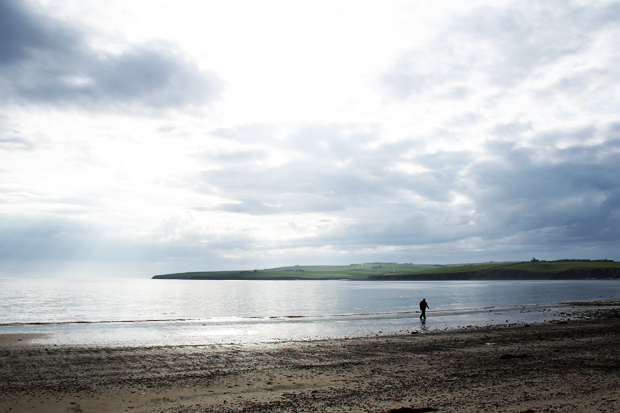

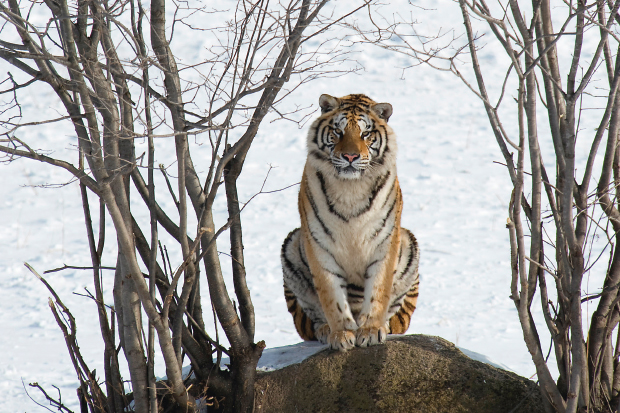
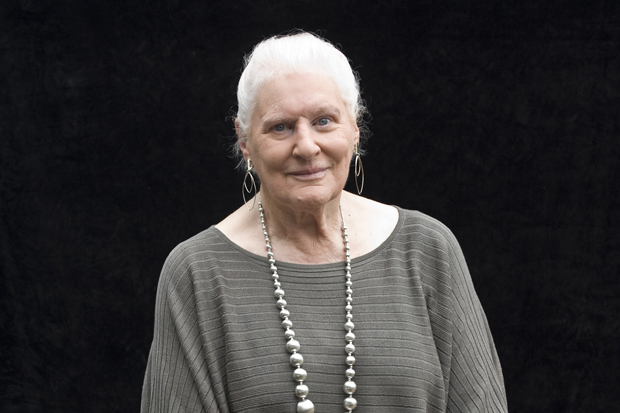
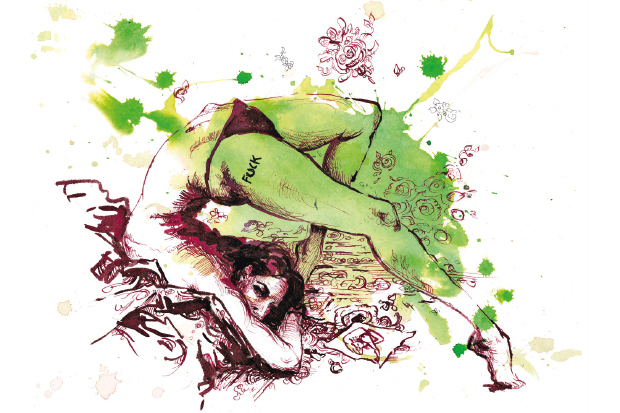
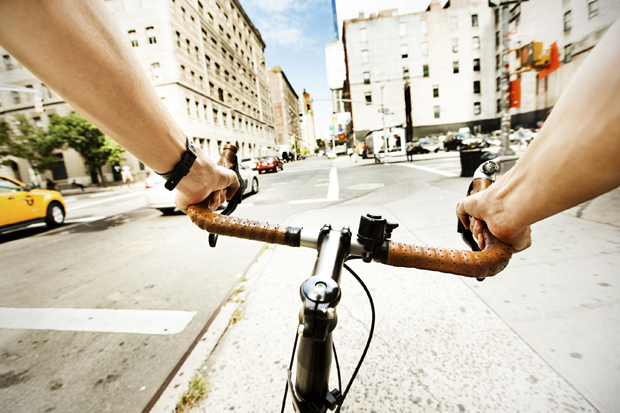
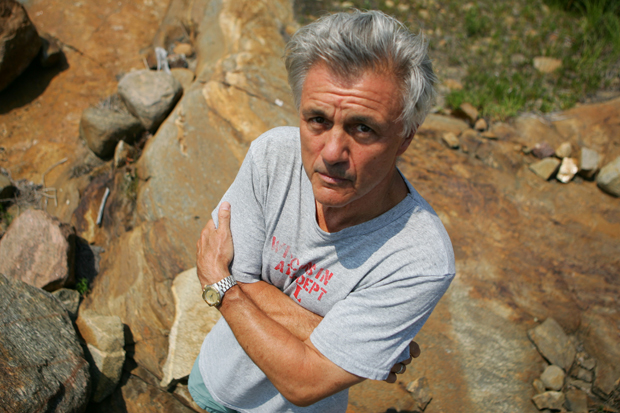






Comments
Don't miss out
Join the conversation with other Spectator Australia readers. Subscribe to leave a comment.
SUBSCRIBEAlready a subscriber? Log in